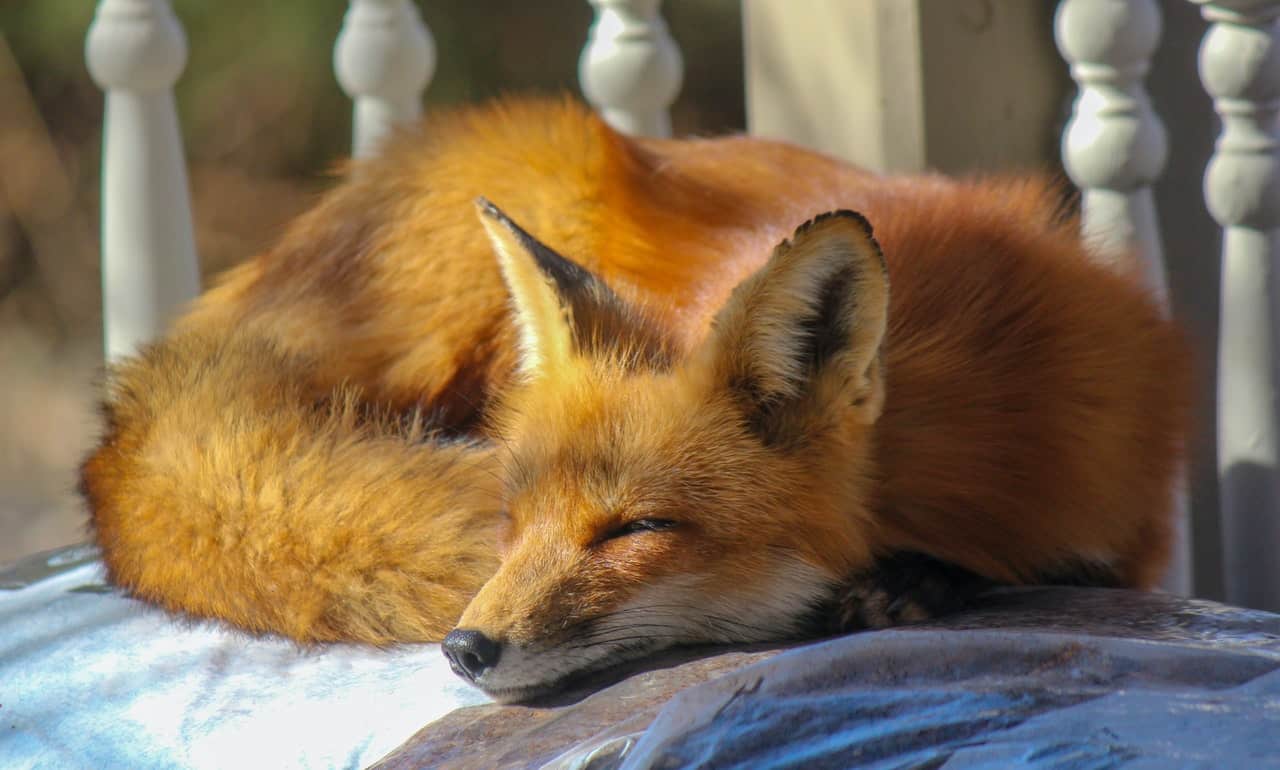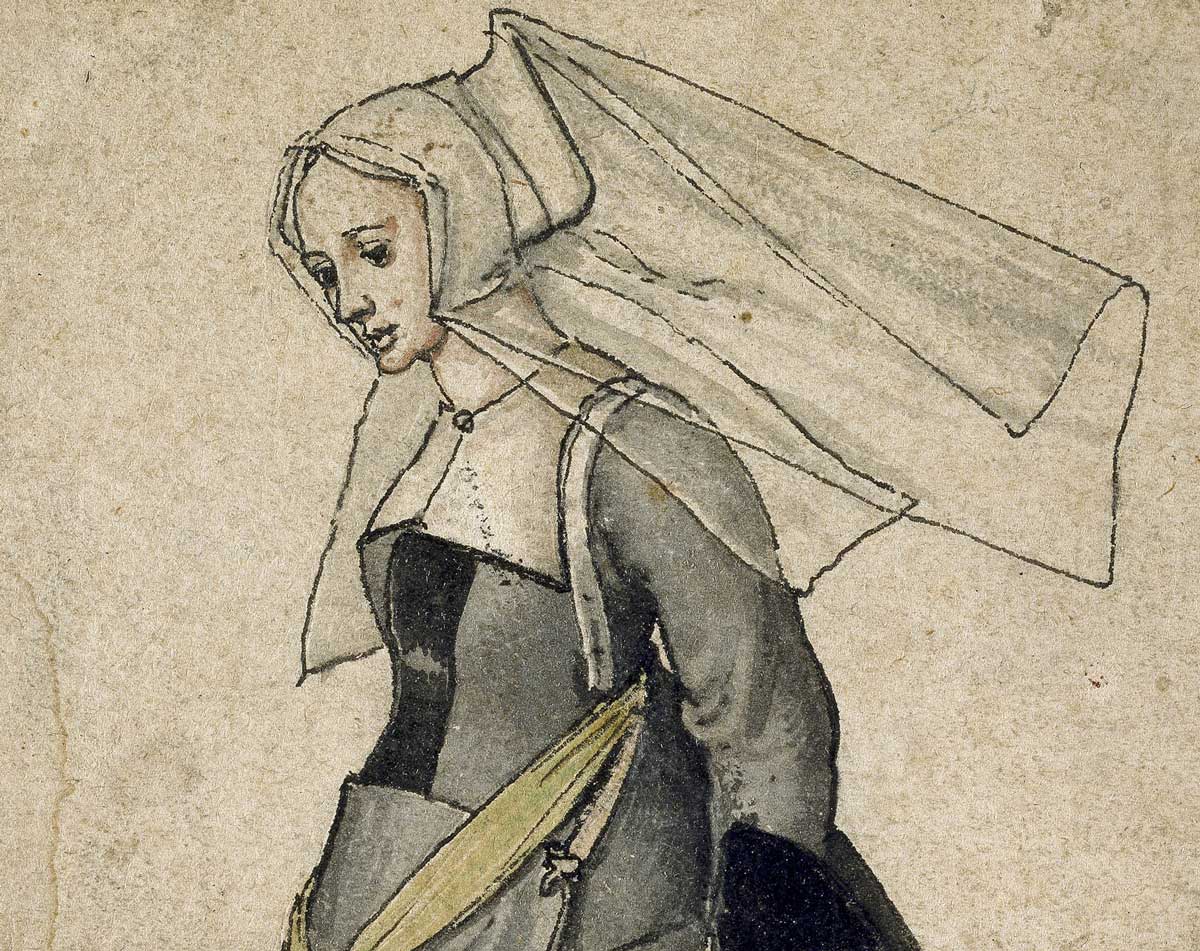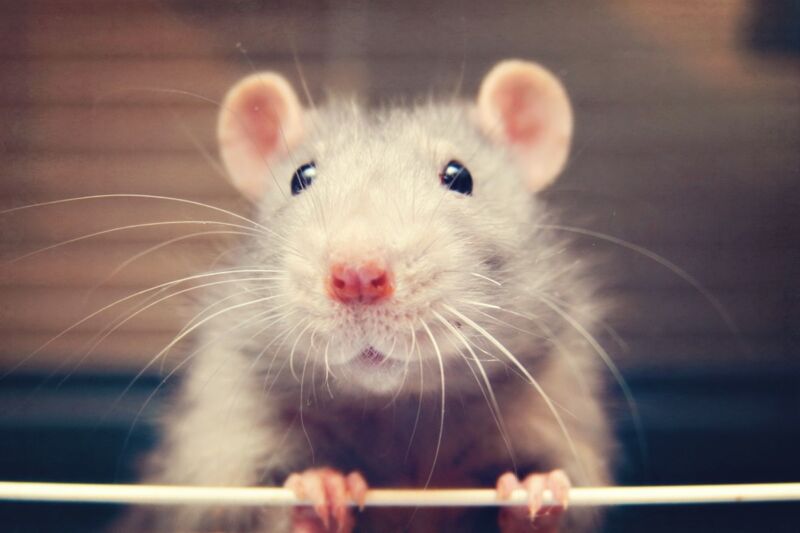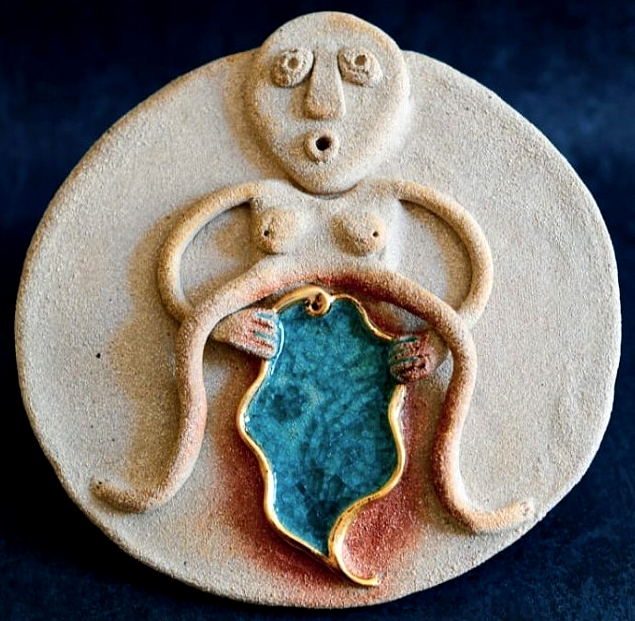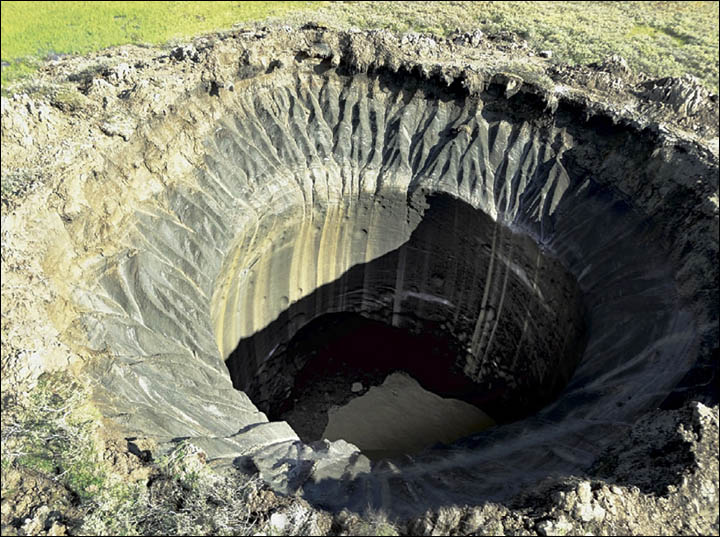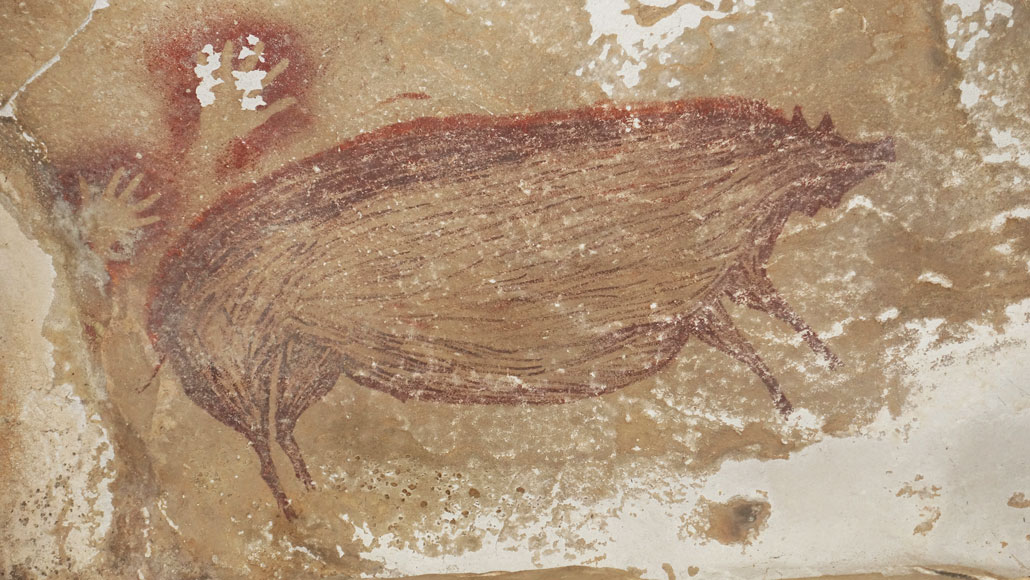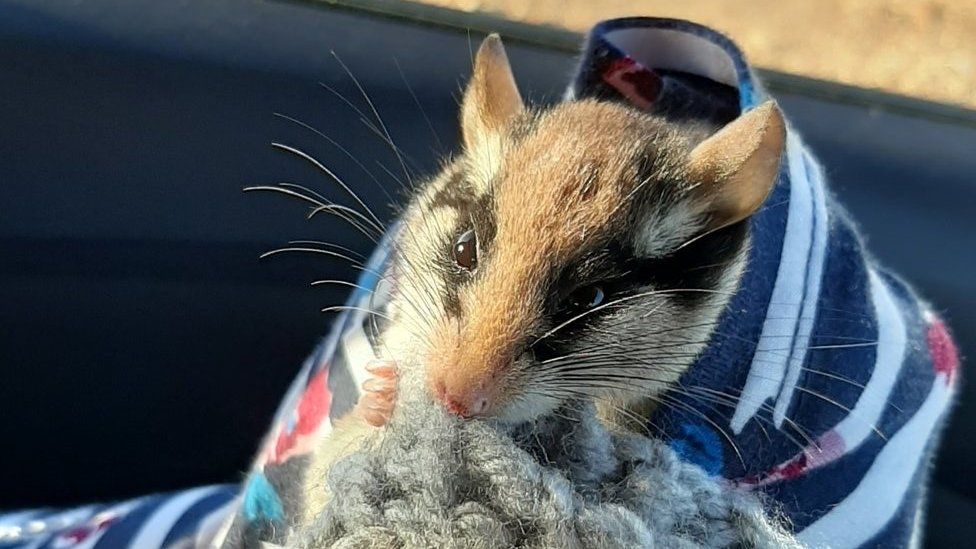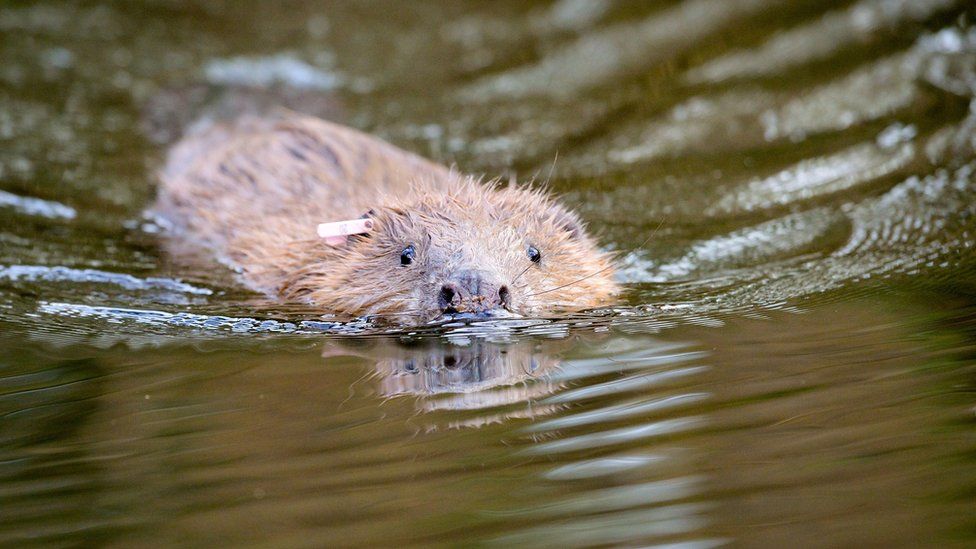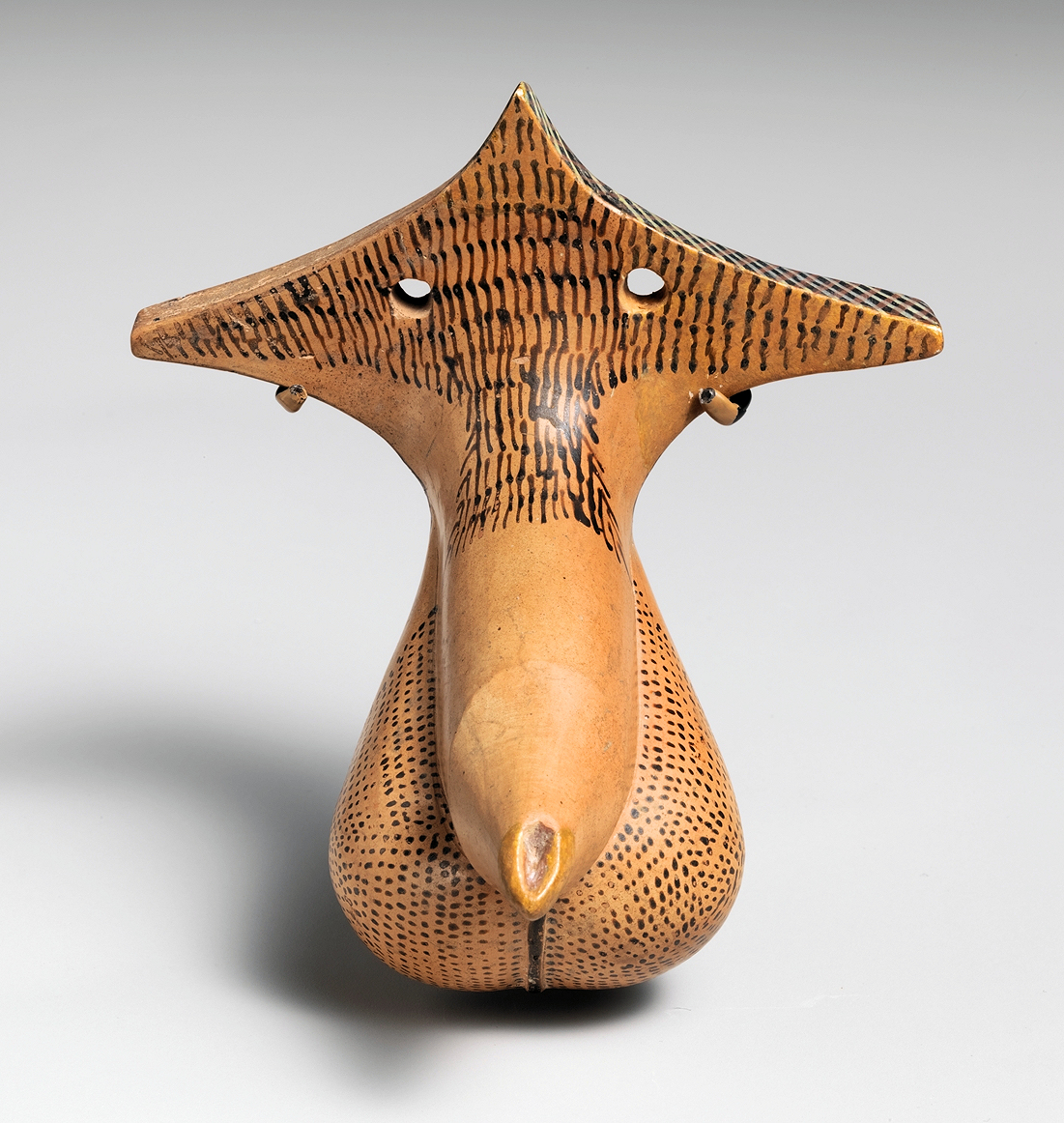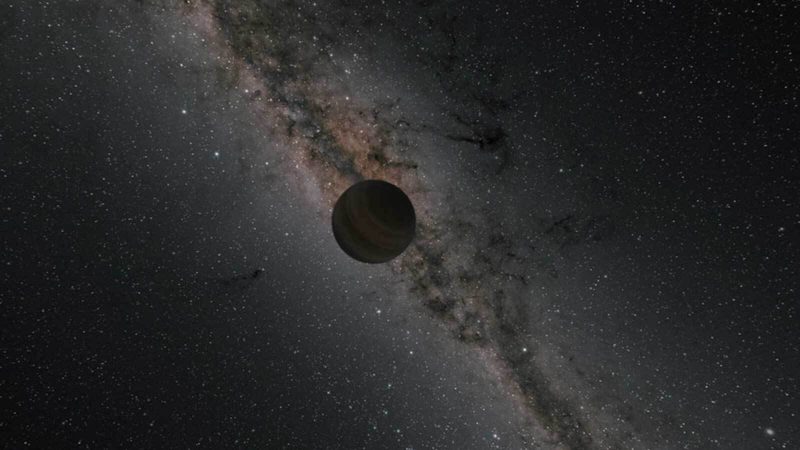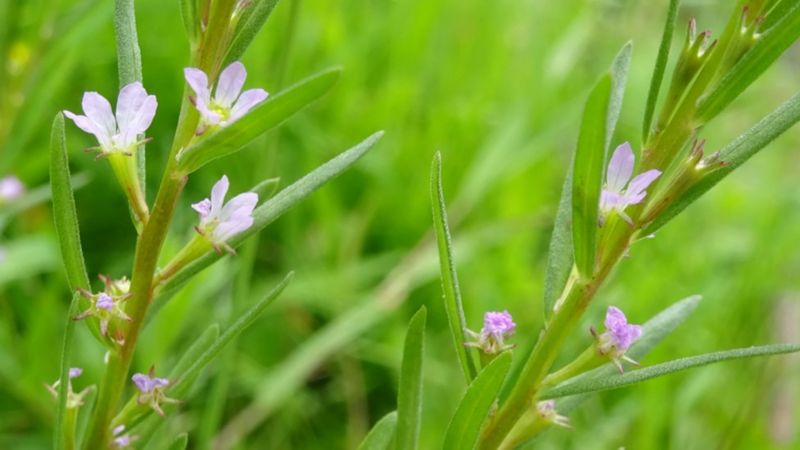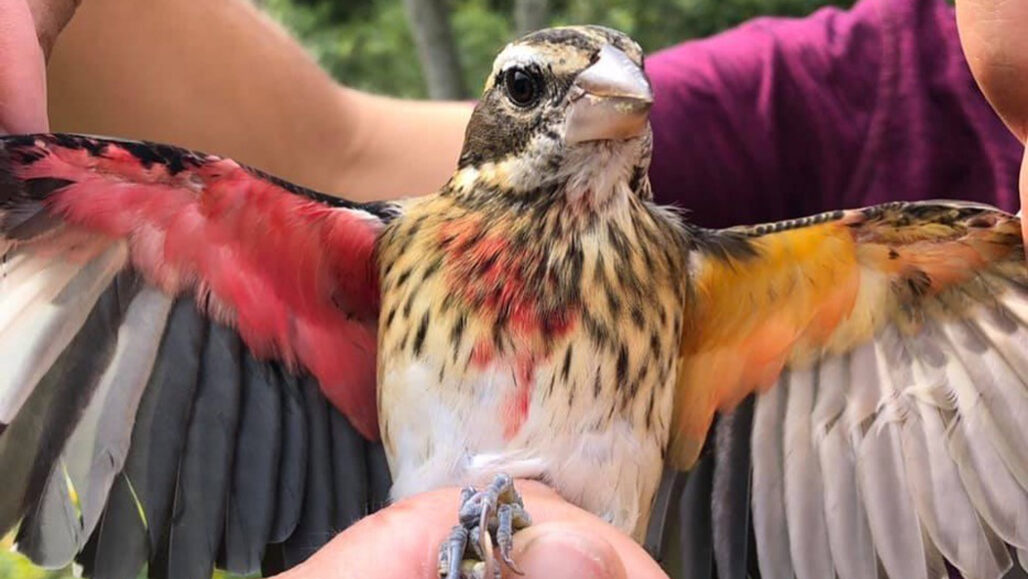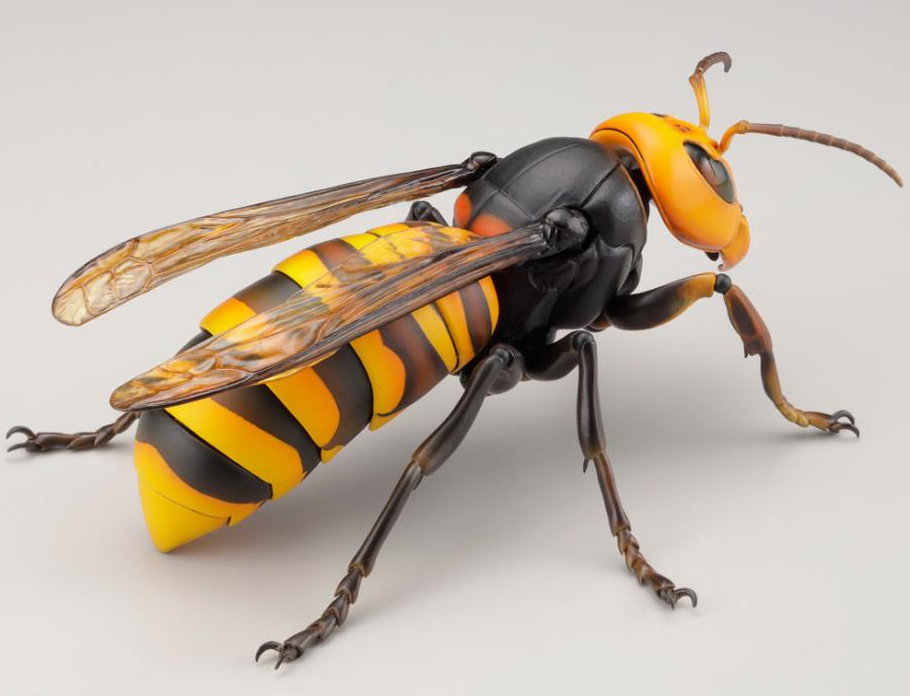Welcome to this month’s edition of my links to items you may have missed the first time around. We’ve got a lot to pack in this month so let’s get going …
Science, Technology, Natural World
An interesting philosophical look at science points out that it can’t supply absolute truths about the world – the scientific method is based on continual questioning and revision – but it brings us steadily closer. [£££]
Here’s one guy who studies UFOs, mostly debunks them and doesn’t buy into all the hype.

A group of volunteers spent 40 days in a cave with no natural light or clocks. The group’s organiser explains why, and apparently many want to go back. [LONG READ]
New research suggests that the ancient Coelacanth can live for 100 years, rather than the previously thought 20 years.
But that’s nothing compared with some Bdelloid rotifers which have apparently survived 24,000 years frozen in Siberia.
How can I move on without an item on wasps? Here’s a simple guide to what is, and isn’t a wasp. [LONG READ]
Health, Medicine
An increased number of people have struggled with mental health over the last 18 months. Here’s one person’s guide to actually asking for help.
Medical researchers at University of East Anglia (my alma mater) are having thousands of men trial a home testing kit for prostate cancer.
Meanwhile there’s a new blood test to detect 50 different cancers, often years before they’re obvious. The NHS is currently running an big trial to see how the test performs in the clinic.
[TRIGGER WARNING]
Here two women talk about their experience of female genital mutilation (FGM).
Sexuality
It’s worrying that a survey has found many Britons cannot name all parts of the vulva. What a sad indictment of our pathetically puritanical attitudes and sex education.
Nevertheless hot sex is back on this summer.
Environment

Britain’s largest grasshopper, the Large Marsh Grasshopper, is being bred in captivity and released into some of its former East Anglian habitats.
I’ve always said that renewable energy isn’t the environmental no-brainer it seems. Here’s one example of why: destructive lithium mining.
Art, Literature, Language
A new biography of William Blake offers a glimpse into the artist and poet’s visionary mind.
There’s also about to be a new edition of a 400-year-old self help book, Robert Burton’s Anatomy of Melancholy.
A random walk through the English Language can produce curious and intriguing results. [£££]
History, Archaeology, Anthropology
Chinese archaeologists have unveiled some remains of a supposed new hominin, nicknamed “Dragon Man”. Could he be a mysterious Denisovan? Or (perhaps more likely) a hoax?
Meanwhile new clues appear to show that people reached the Americas around 30,000 years ago, rather earlier than previously thought.
Researchers are now suggesting Iron Age people were emotionally attached to their possessions. Well, surprise!
The Roman Empire was not such a good place: a shackled skeleton is thought to be rare evidence of slavery in Roman Britain.
Dr Eleanor Janega, of Going Medieval, has a new book out: a graphic look at medieval history, which debunks most of our misconceptions. Here’s a sneak preview.
It seems the medieval fashion for very pointy shoes created an explosion of bunions. The same team have shown that victims of the Black Death were often buried with considerable care, contrary to our usual expectations.
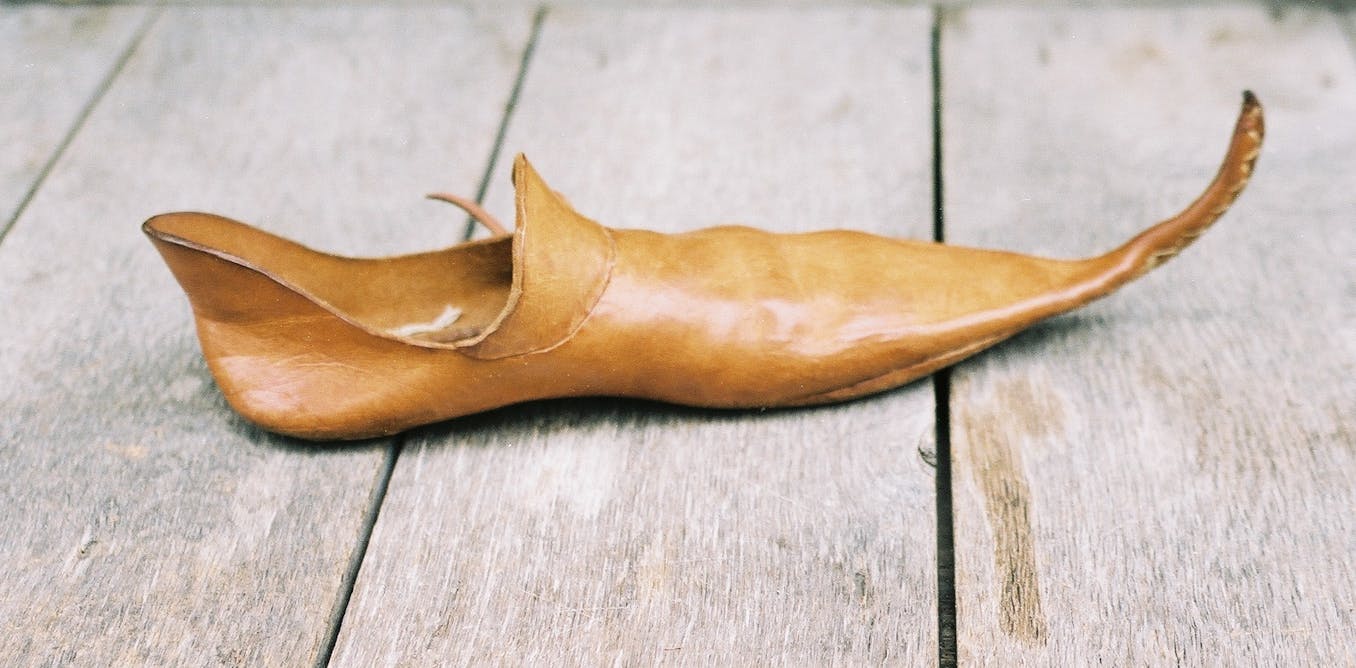
Dr Eleanor Janega, again, looks at sex work in medieval times, and where it was allowed to happen, with special reference to London.
London
More up to date here’s an article on some 18th-century grottoes which can still be found in and around London.
IanVisits asks whether the pantograph could make a return to London’s buses, if nly in a restricted way.
From sharks to seahorses: six species you probably didn’t know were swimming in the Thames.
Lifestyle, Personal Development, Beliefs
A new “pop-up” women’s urinal, the Peequal, could help reduce queues for the loo.
People
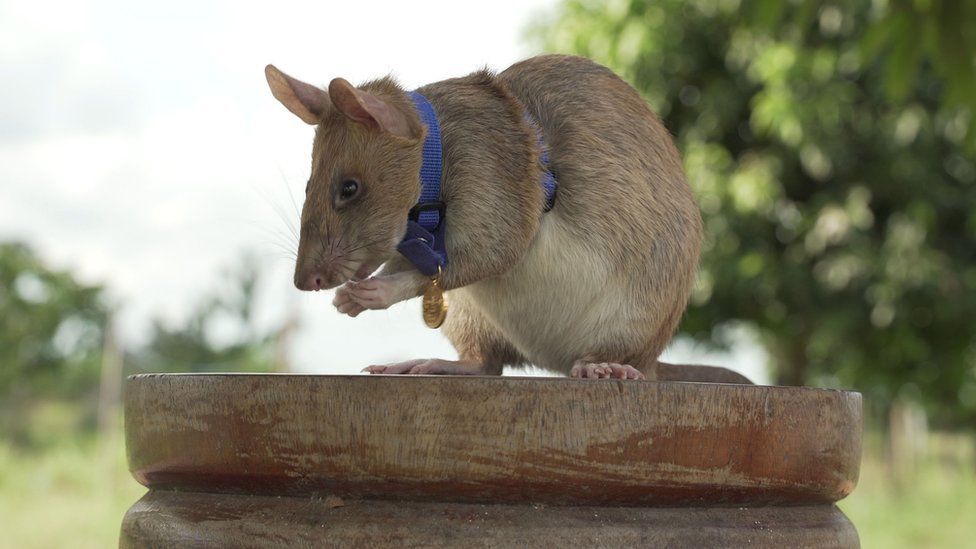
Magawa the mine-detecting rat has retired after 5 years hard work in Cambodia.
Shock, Horror, Humour, Wow!
And finally, we can’t end without a look at some of the bizarre entries in Cuprinol Shed of the Year.




